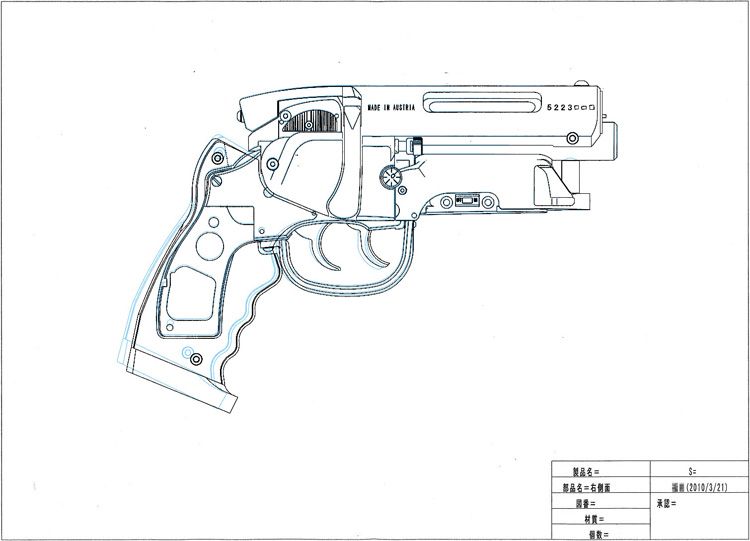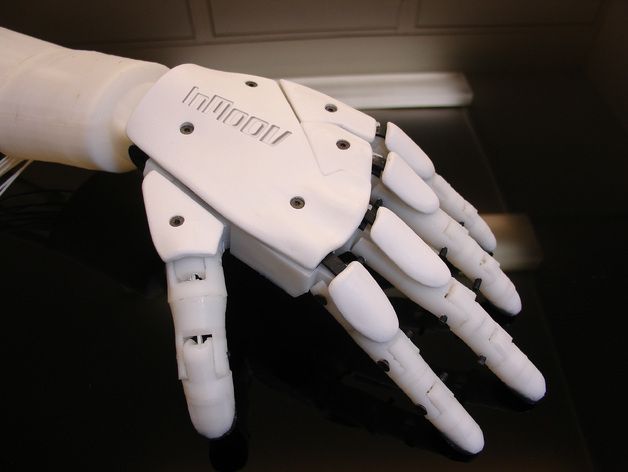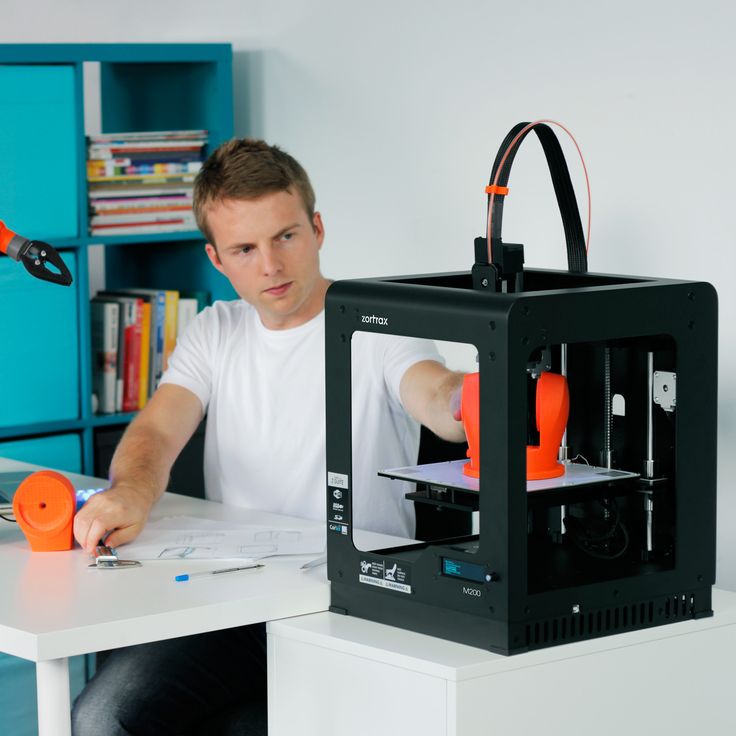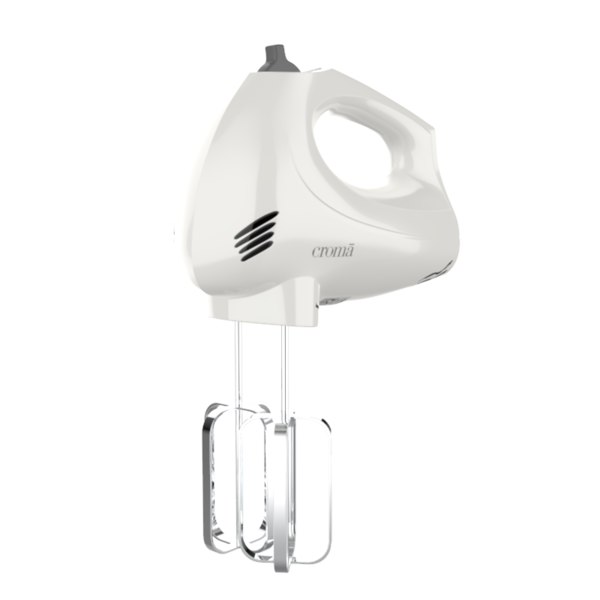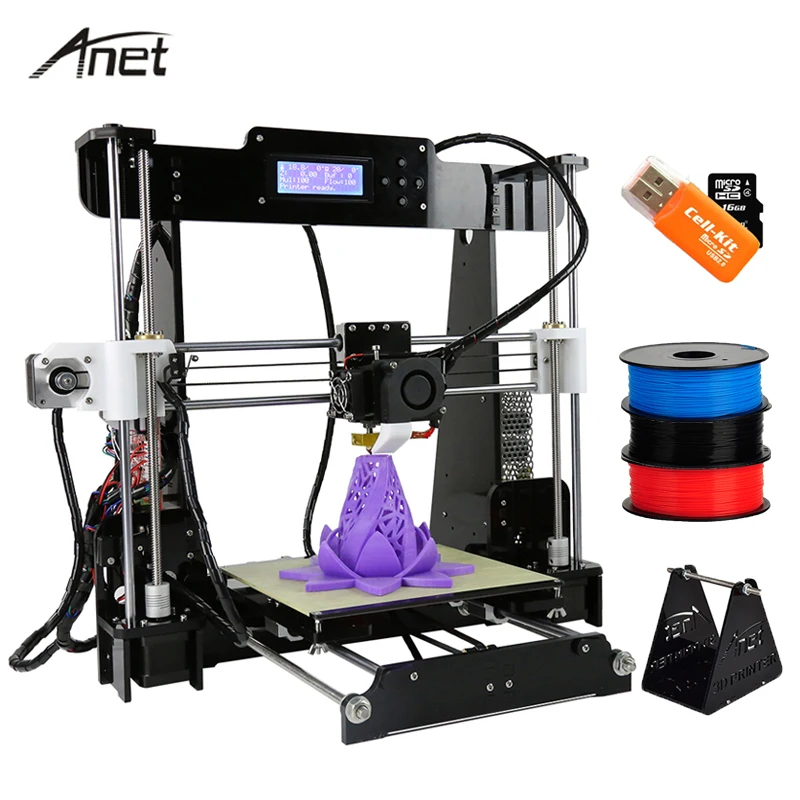3D printing service cost
How much does 3D printing cost?
As a 3d printing company, we always get asked: "how much does it cost to 3d print?".
Our answer has always been "it depends" as there are factors that contribute to the cost of 3d printing. You're looking at anywhere between $3 to $1000(or even more) for the cost to 3d print based on these factors.
So today, we're breaking down each factor for you. If you're 3D printing at home, then those factors are your material, electricity and 3D printer cost. But if you're looking for a 3d printing service or looking into starting a 3D printing business, this guide should help you understand how pricing works when it comes to 3d printing.
Factors that affect the price of 3D printing
Cost of buying and running a 3D printer
If you're starting a 3D printing business or looking to make money with 3D printing, you might want to consider the price of a 3D printer in calculating the cost to 3D print something. 3D printers can cost anywhere between $200 to $150,000 depending on the technology being used.
Let's say you purchased a $1500 3D Printer that you plan to use 8 hrs / day for 2 years. We're going to ignore repair cost, electricity, etc. for the sake of simplicity.
8 x 365 x 2 = 5840 total hours
$1500 / 5840 hrs = ~ $0.21/hr
So if your 3D model would take about 4 hours to 3D print, then you need to charge $0.84 on top of your price to account for your machine upkeep.
In a way, the time it takes to 3D print also adds to the cost of 3D printing.
3D Model
3D model of a dinosaur trophy"Send us the 3D model" is the second thing we tell our clients after telling them "it depends". Without the 3D model, it's tough to come up with an accurate quote for a 3D print even for seasoned veterans.
The 3D model gives us essential information that can help us quote a 3d print.
Model volume
With the 3d model on hand, we can calculate the total volume of the model, including the generated supports. The total volume lets us know how much material is needed to 3d print your file.
The total volume lets us know how much material is needed to 3d print your file.
In short, the larger the volume, the higher the cost. There are ways to reduce the cost of 3D printing, and one of them is to hollow your model.
A 3ft model can have less volume than a 1ft model if the 1ft model is solid on the inside, while the 3ft model is hollow.
That is why coming up with an estimate price of 3d printing without the 3d model is not easy.
Complexity
Not all 3d models are created equal. Some are 3d print-ready, while some are just plain crazy. 3d printing takes preparation and planning. For some 3d printing services, everything is automated, which can make transactions faster. For simple products, this can be the right solution.
But what about complex parts and architectural models? We found that even with the most sophisticated algorithm, you still need some human guidance when it comes to 3d printing these type of projects.
A quick story, a client sent us a 3d model of an actual stadium. They wanted a 3d printed version of this. As we inspected the file, we saw that the model had multiple problems. There were loose joints, the walls were too thin, and there were 3d models inside the stadium itself.
They wanted a 3d printed version of this. As we inspected the file, we saw that the model had multiple problems. There were loose joints, the walls were too thin, and there were 3d models inside the stadium itself.
If we just 3d printed it right away, it would have cost us thousands of dollars on wasted material!
Take this into consideration. Are you willing to risk having your 3d model printed as is? Or do you want to make sure that the final print exceeds your expectations?
Type of material
The materials that you choose matters when it comes to the cost of 3d printing. There are tons to choose from so we are going to focus on the popular ones, thermoplastics and resin.
Thermoplastics: Filaments and Powder
Cost: $
Even if you are new to 3d printing, you have probably heard of "ABS" or "PLA". That's because these two are the most widely used 3d printing material out there. Hobbyists love these thermoplastics as they are cheap.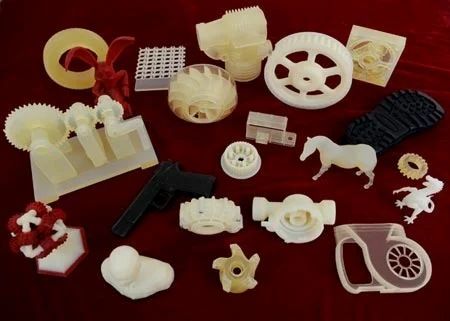 These filaments can cost between $20 to $70 per kg.[1]
These filaments can cost between $20 to $70 per kg.[1]
Although they are cheap, getting a high-quality 3d print out of them is not easy. It will take hours of post-processing time to get smooth finishing from these prints. (More on that later.) In addition to that, 3d printing complex 3d models are nearly impossible using this type of material.
Thermosets: Resin
Cost: $$$
Resin is, in our opinion, the best 3d printing material out there. It's versatile for almost any complex project, and it would give you the best quality 3d print. But at the same time, resin material can get quite costly. Standard resin, on average, cost $50 per litre, and some resin materials can go up to $300 per litre. Luckily, 3d printing companies usually have access to discounted prices for this type of material.
Want to find out how much your 3D model will cost?
Use our instant quoting system to calculate how much it will cost to 3D print something.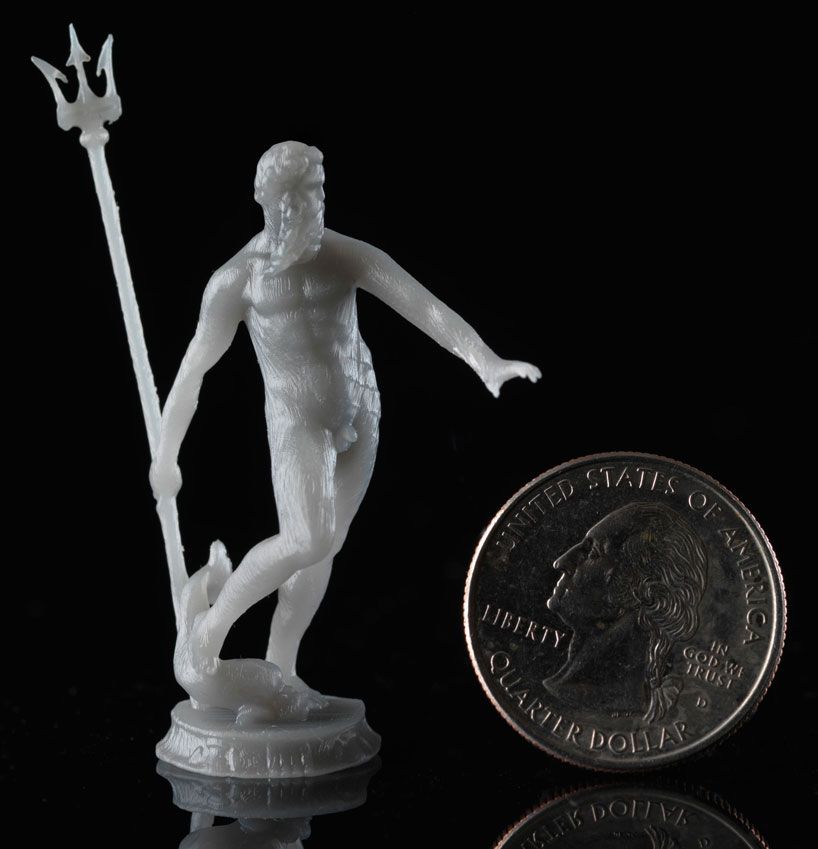
GET 3D PRINTING COST
No signup required.
Post-processing
Most don't realize that 3d printing is not an instant process. Drop your file, print, and it's ready. (We hope it was).
After 3d printing, the resulting print needs to be cured, cleaned and polished before you can consider them useable. That is if the 3d printing service company cares about the quality of their product.
Polishing
Imagine polishing the one on the left to make it smooth? Photo courtesy of Formlabs.For filaments, don't even waste your time. As someone who spent hours removing supports, we don't want to you put you through that hell. If you value your time, the amount of time you will spend sanding these prints would cost a lot. And even then, the quality wouldn't be on par compared to resin.
For resin, it's simpler. Once the pieces are UV cured, we can polish it by hand or using a sandblaster.
Again, the 3d model matters as it could affect post-processing.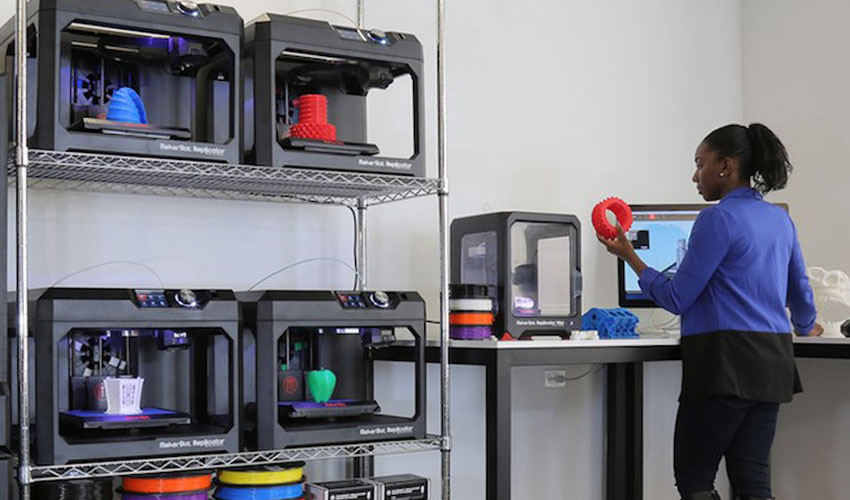 Some models are so complex that the generated supports are very hard to clean. It would take some expertise and a lot of patience for someone to clean these prints.
Some models are so complex that the generated supports are very hard to clean. It would take some expertise and a lot of patience for someone to clean these prints.
Finishing
At PrintAWorld, the projects that we work on usually require more than just 3d printing. Our clients would ask for their 3d print to have a gold finishing, chrome or even an exact Pantone color. With current 3d printing technology, this is impossible to accomplish. So we offer metal plating and painting on top of our 3d printing services.
Profit margin
For 3D printing companies to stay in business, they need to add a profit margins on top of the 3D printing cost. Profit margins for a 3D printing business can be somewhere between 50% - 90% of material cost. We're using material cost as a basis for the sake of simplicity. But profit margins are actually much lower once you start including labor and overhead costs.
There is also a base price (or a minimum fee) that gets added if if the cost of 3D printing is less than a certain amount.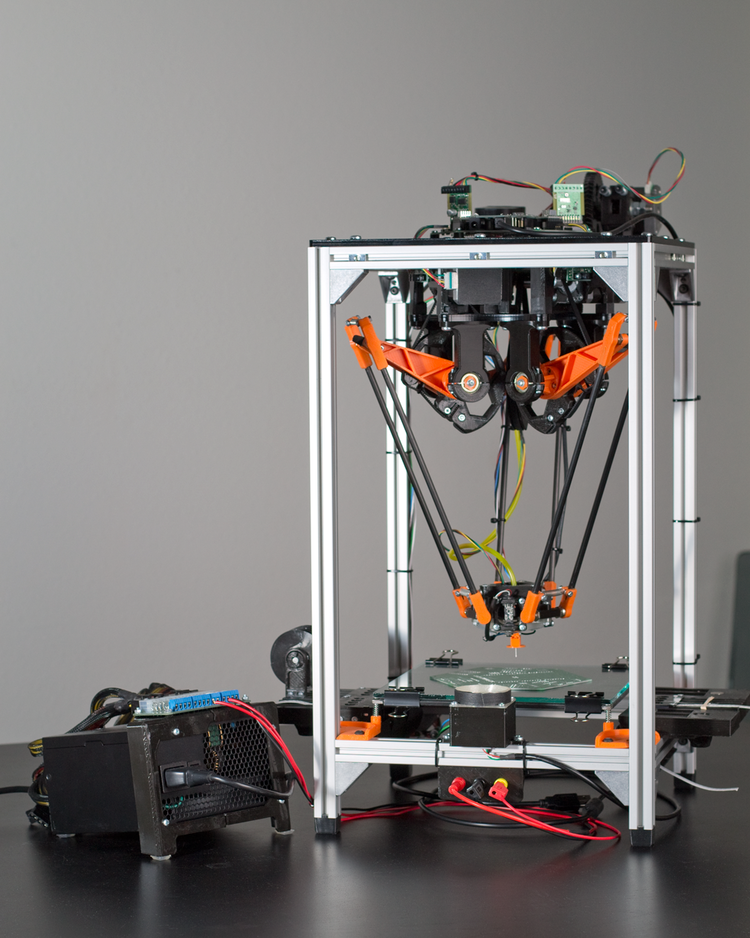 It wouldn't make sense for a company to 3D print something for you for a print that costs $3. Even in a highly automated 3D printing service, there's still some labor involved. Either you add more quantity or pay the base price which is around $30-$90.
It wouldn't make sense for a company to 3D print something for you for a print that costs $3. Even in a highly automated 3D printing service, there's still some labor involved. Either you add more quantity or pay the base price which is around $30-$90.
3D printing service price comparison
Now that we know what factors affect the price of 3D printing, let's see how much it would cost to 3D print this popular WallStreeBets mascot by ChaosCoreTech.
For this test we will be using SLA 3D printing.
We modified the file so we can stress test the on-demand 3D printing services that offer SLA printing.
Scaled it up to 152mm or ~6" high
We hollowed the 3D model. Meaning, the insides are empty.
This makes it use less material, making it cheaper.
Speed up the 3D printing time for SLA, which should lower the cost.
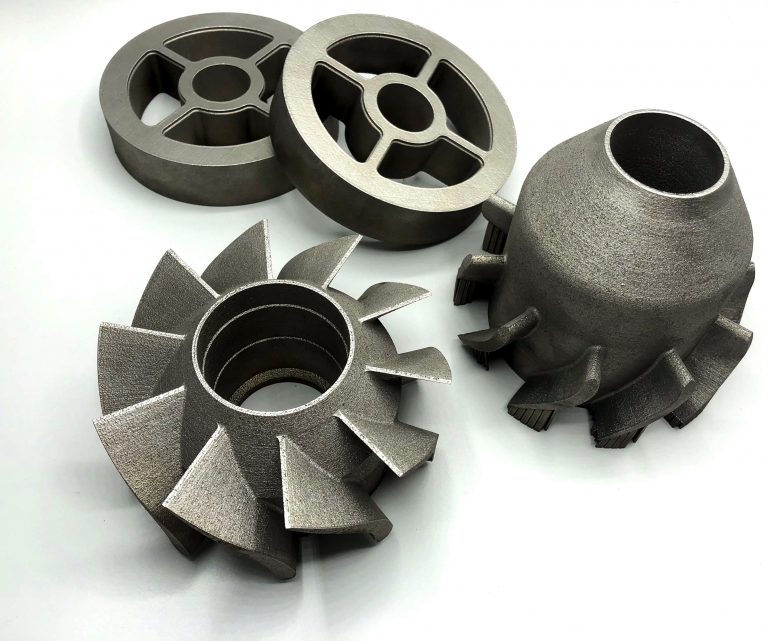
3DHubs
Price: $537
3DHubs won't even allow you to print this in resin as it's bigger than what their manufacturers can print.
i.materialise
Price: $211.17
Cheaper than 3DHubs but they won't clean the supports for you at this price. If you need it cleaned, you need to pay extra.
Shapeways
Price: $2061.56
We're not sure why it's this expensive. They might have miscalculated the model volume which made it seem that this piece would require half a liter of resin to print. But, either way, Shapeways is the most expensive one out of this group.
Most Affordable
PrintAWorld
Price: $136.32
Disclaimer. This is our 3D printing company. For SLA 3D printing, we are definitely the cheapest compared to the others in this group. Removing the supports and polishing is even included in the service.
Try it out
Why are 3D printing services expensive?
3D printing services are expensive because we have to account for factors mentioned beforehand such as labor, post processing and overhead costs. We also have to account the industrial 3D printers that they use, which cost at least $100,000 and upwards. Plus, they have to add profit margin on top of that cost.
We also have to account the industrial 3D printers that they use, which cost at least $100,000 and upwards. Plus, they have to add profit margin on top of that cost.
This begs the question, is it better to buy a 3D printer instead?
Should you buy a 3D printer or hire a 3D printing service?
3D printing services can sometimes cost more than an entry level 3D printer. So you might be wondering if it's better to buy a 3D printer instead.
Here's our thoughts on that:
If cost is a problem for you and you're only 3D printing for fun, then buying a 3D printer might be the better investment in the long run.
If your time is more valuable for you, then hiring a 3D printing service would be the better option. You'll have access to large scale 3D printers and capabilities that is impossible to achieve with DIY 3D printing.
Best Budget 3D Printer
Anycubic Photon Mono
The Photon Mono is the best LCD 3D printer that we've gotten our hands on.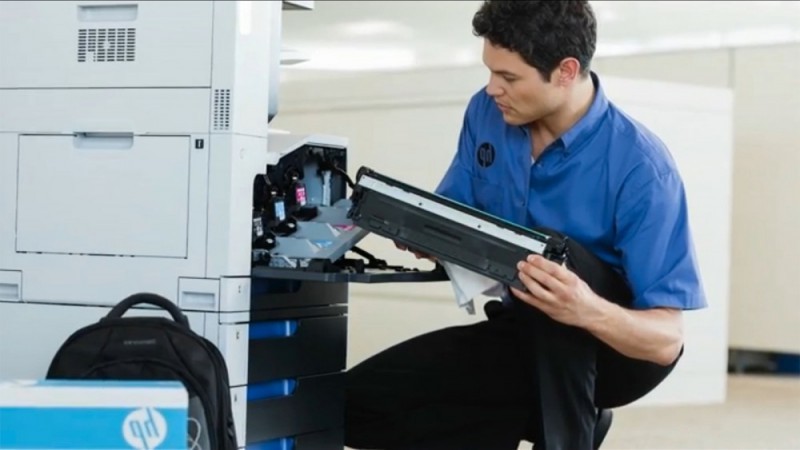 We own 8 of these machines and use it as part of our manufacturing process. It's cheap but the print quality is almost the same as the ones that we get from our Formlabs 3. If you're looking to buy your first 3D printer, we recommend going for a resin 3D printer like this one instead of buying an FDM printer.
We own 8 of these machines and use it as part of our manufacturing process. It's cheap but the print quality is almost the same as the ones that we get from our Formlabs 3. If you're looking to buy your first 3D printer, we recommend going for a resin 3D printer like this one instead of buying an FDM printer.
$229.00 from Anycubic
Commisions earned
In Summary
Multiple factors affect the price of a 3d printing service. If you add in all these variables, you're looking at anywhere between $30 to $15,000 for the cost of 3d printing. The price can even be lower or higher, depending on the scale of your project.
How much does 3D printing cost?
As a 3d printing company, we always get asked: "how much does it cost to 3d print?".
Our answer has always been "it depends" as there are factors that contribute to the cost of 3d printing. You're looking at anywhere between $3 to $1000(or even more) for the cost to 3d print based on these factors.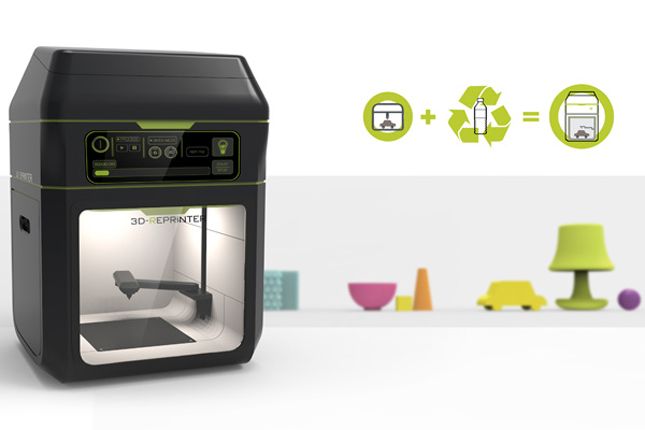
So today, we're breaking down each factor for you. If you're 3D printing at home, then those factors are your material, electricity and 3D printer cost. But if you're looking for a 3d printing service or looking into starting a 3D printing business, this guide should help you understand how pricing works when it comes to 3d printing.
Factors that affect the price of 3D printing
Cost of buying and running a 3D printer
If you're starting a 3D printing business or looking to make money with 3D printing, you might want to consider the price of a 3D printer in calculating the cost to 3D print something. 3D printers can cost anywhere between $200 to $150,000 depending on the technology being used.
Let's say you purchased a $1500 3D Printer that you plan to use 8 hrs / day for 2 years. We're going to ignore repair cost, electricity, etc. for the sake of simplicity.
8 x 365 x 2 = 5840 total hours
$1500 / 5840 hrs = ~ $0.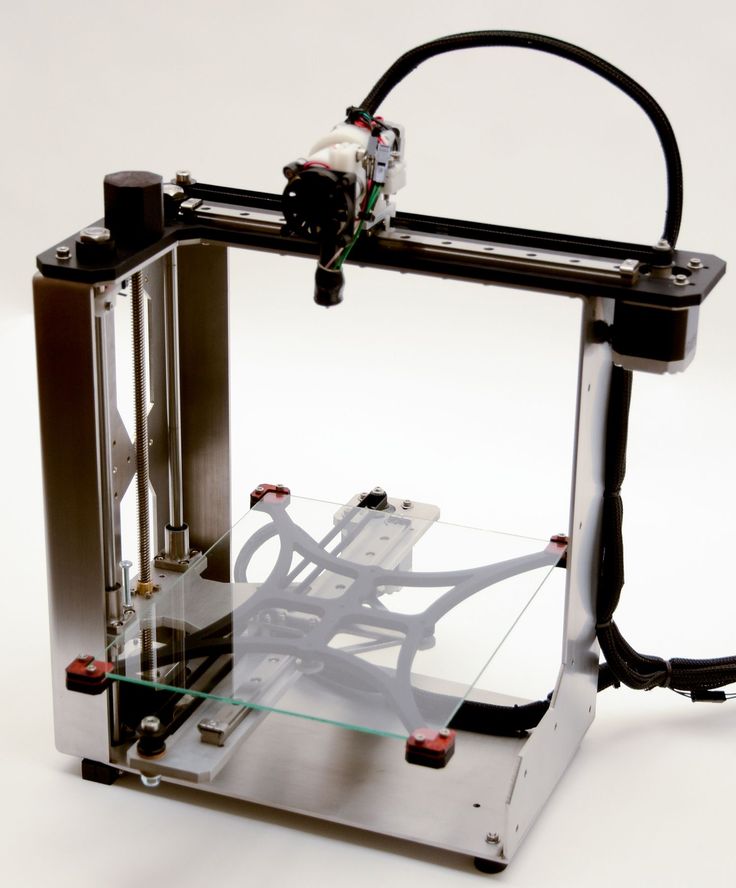 21/hr
21/hr
So if your 3D model would take about 4 hours to 3D print, then you need to charge $0.84 on top of your price to account for your machine upkeep.
In a way, the time it takes to 3D print also adds to the cost of 3D printing.
3D Model
3D model of a dinosaur trophy"Send us the 3D model" is the second thing we tell our clients after telling them "it depends". Without the 3D model, it's tough to come up with an accurate quote for a 3D print even for seasoned veterans.
The 3D model gives us essential information that can help us quote a 3d print.
Model volume
With the 3d model on hand, we can calculate the total volume of the model, including the generated supports. The total volume lets us know how much material is needed to 3d print your file.
In short, the larger the volume, the higher the cost. There are ways to reduce the cost of 3D printing, and one of them is to hollow your model.
A 3ft model can have less volume than a 1ft model if the 1ft model is solid on the inside, while the 3ft model is hollow.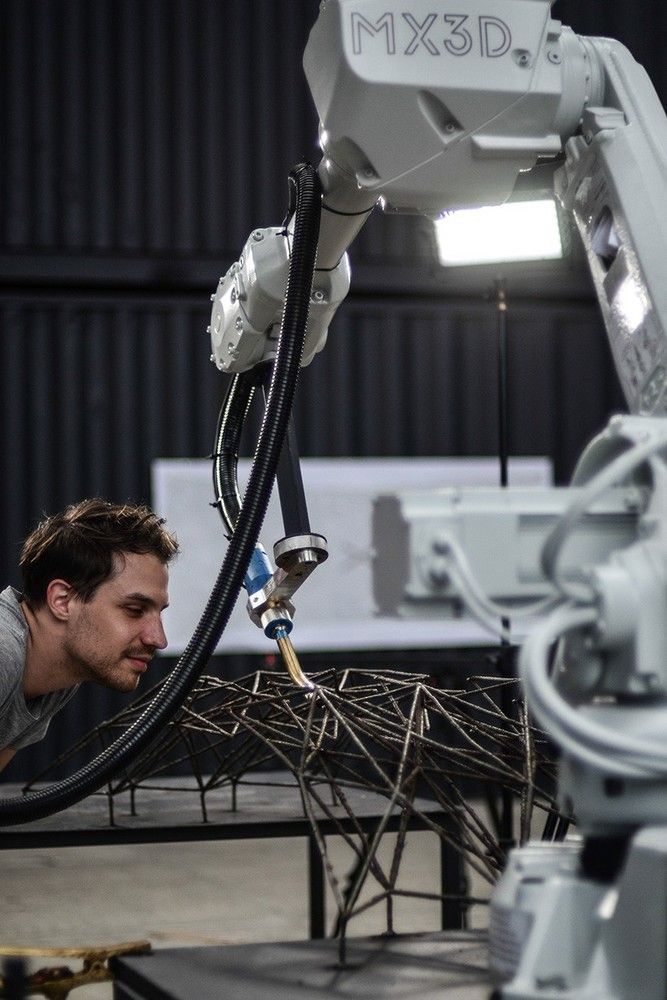
That is why coming up with an estimate price of 3d printing without the 3d model is not easy.
Complexity
Not all 3d models are created equal. Some are 3d print-ready, while some are just plain crazy. 3d printing takes preparation and planning. For some 3d printing services, everything is automated, which can make transactions faster. For simple products, this can be the right solution.
But what about complex parts and architectural models? We found that even with the most sophisticated algorithm, you still need some human guidance when it comes to 3d printing these type of projects.
A quick story, a client sent us a 3d model of an actual stadium. They wanted a 3d printed version of this. As we inspected the file, we saw that the model had multiple problems. There were loose joints, the walls were too thin, and there were 3d models inside the stadium itself.
If we just 3d printed it right away, it would have cost us thousands of dollars on wasted material!
Take this into consideration.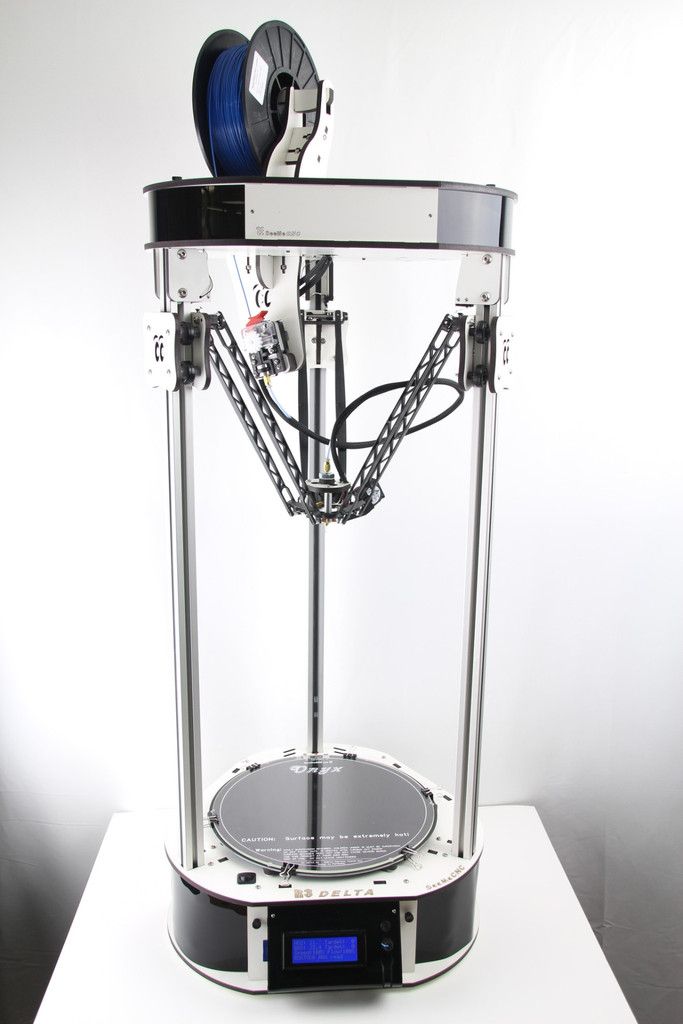 Are you willing to risk having your 3d model printed as is? Or do you want to make sure that the final print exceeds your expectations?
Are you willing to risk having your 3d model printed as is? Or do you want to make sure that the final print exceeds your expectations?
Type of material
The materials that you choose matters when it comes to the cost of 3d printing. There are tons to choose from so we are going to focus on the popular ones, thermoplastics and resin.
Thermoplastics: Filaments and Powder
Cost: $
Even if you are new to 3d printing, you have probably heard of "ABS" or "PLA". That's because these two are the most widely used 3d printing material out there. Hobbyists love these thermoplastics as they are cheap. These filaments can cost between $20 to $70 per kg.[1]
Although they are cheap, getting a high-quality 3d print out of them is not easy. It will take hours of post-processing time to get smooth finishing from these prints. (More on that later.) In addition to that, 3d printing complex 3d models are nearly impossible using this type of material.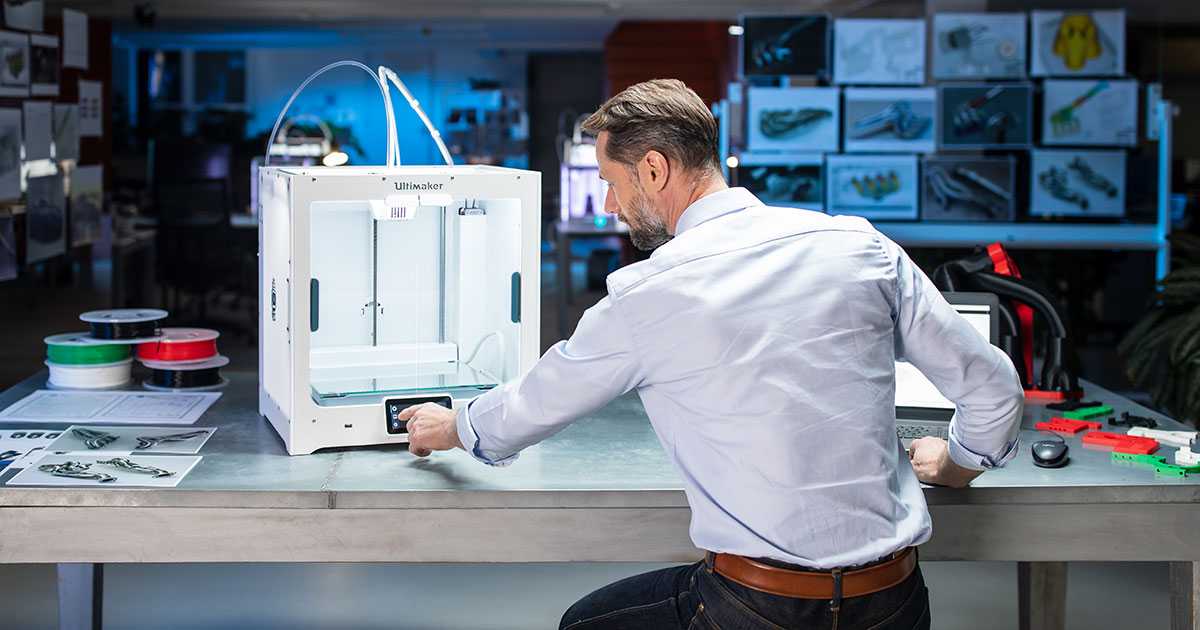
Thermosets: Resin
Cost: $$$
Resin is, in our opinion, the best 3d printing material out there. It's versatile for almost any complex project, and it would give you the best quality 3d print. But at the same time, resin material can get quite costly. Standard resin, on average, cost $50 per litre, and some resin materials can go up to $300 per litre. Luckily, 3d printing companies usually have access to discounted prices for this type of material.
Want to find out how much your 3D model will cost?
Use our instant quoting system to calculate how much it will cost to 3D print something.
GET 3D PRINTING COST
No signup required.
Post-processing
Most don't realize that 3d printing is not an instant process. Drop your file, print, and it's ready. (We hope it was).
After 3d printing, the resulting print needs to be cured, cleaned and polished before you can consider them useable. That is if the 3d printing service company cares about the quality of their product.
Polishing
Imagine polishing the one on the left to make it smooth? Photo courtesy of Formlabs.For filaments, don't even waste your time. As someone who spent hours removing supports, we don't want to you put you through that hell. If you value your time, the amount of time you will spend sanding these prints would cost a lot. And even then, the quality wouldn't be on par compared to resin.
For resin, it's simpler. Once the pieces are UV cured, we can polish it by hand or using a sandblaster.
Again, the 3d model matters as it could affect post-processing. Some models are so complex that the generated supports are very hard to clean. It would take some expertise and a lot of patience for someone to clean these prints.
Finishing
At PrintAWorld, the projects that we work on usually require more than just 3d printing. Our clients would ask for their 3d print to have a gold finishing, chrome or even an exact Pantone color. With current 3d printing technology, this is impossible to accomplish.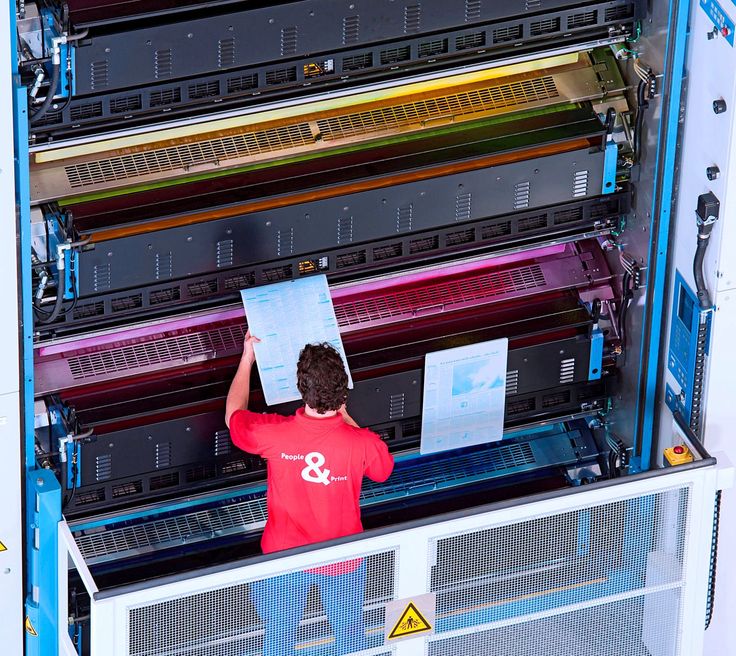 So we offer metal plating and painting on top of our 3d printing services.
So we offer metal plating and painting on top of our 3d printing services.
Profit margin
For 3D printing companies to stay in business, they need to add a profit margins on top of the 3D printing cost. Profit margins for a 3D printing business can be somewhere between 50% - 90% of material cost. We're using material cost as a basis for the sake of simplicity. But profit margins are actually much lower once you start including labor and overhead costs.
There is also a base price (or a minimum fee) that gets added if if the cost of 3D printing is less than a certain amount. It wouldn't make sense for a company to 3D print something for you for a print that costs $3. Even in a highly automated 3D printing service, there's still some labor involved. Either you add more quantity or pay the base price which is around $30-$90.
3DHubs has a minimum order of $90. It would be wiser if you order multiple quantities of your part to lessen the cost.3D printing service price comparison
Now that we know what factors affect the price of 3D printing, let's see how much it would cost to 3D print this popular WallStreeBets mascot by ChaosCoreTech.
For this test we will be using SLA 3D printing.
We modified the file so we can stress test the on-demand 3D printing services that offer SLA printing.
Scaled it up to 152mm or ~6" high
We hollowed the 3D model. Meaning, the insides are empty.
This makes it use less material, making it cheaper.
Speed up the 3D printing time for SLA, which should lower the cost.
3DHubs
Price: $537
3DHubs won't even allow you to print this in resin as it's bigger than what their manufacturers can print.
i.materialise
Price: $211.17
Cheaper than 3DHubs but they won't clean the supports for you at this price. If you need it cleaned, you need to pay extra.
Shapeways
Price: $2061.56
We're not sure why it's this expensive. They might have miscalculated the model volume which made it seem that this piece would require half a liter of resin to print.
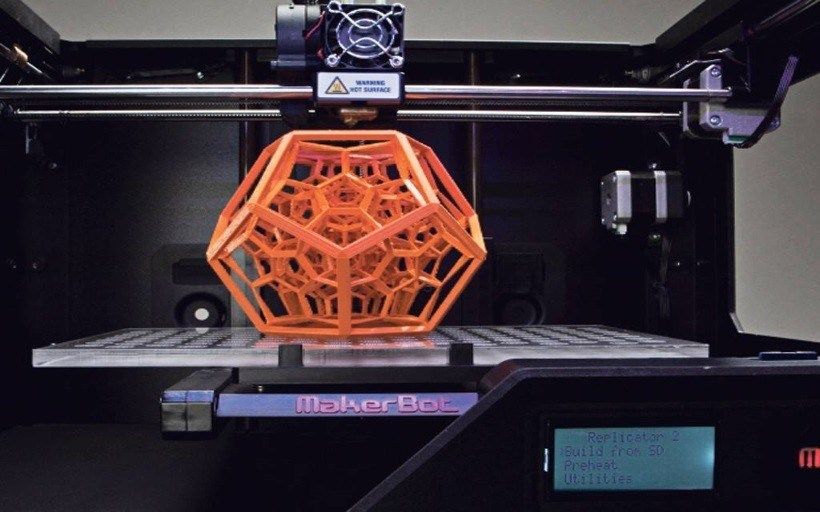 But, either way, Shapeways is the most expensive one out of this group.
But, either way, Shapeways is the most expensive one out of this group.Most Affordable
PrintAWorld
Price: $136.32
Disclaimer. This is our 3D printing company. For SLA 3D printing, we are definitely the cheapest compared to the others in this group. Removing the supports and polishing is even included in the service.
Try it out
Why are 3D printing services expensive?
3D printing services are expensive because we have to account for factors mentioned beforehand such as labor, post processing and overhead costs. We also have to account the industrial 3D printers that they use, which cost at least $100,000 and upwards. Plus, they have to add profit margin on top of that cost.
This begs the question, is it better to buy a 3D printer instead?
Should you buy a 3D printer or hire a 3D printing service?
3D printing services can sometimes cost more than an entry level 3D printer. So you might be wondering if it's better to buy a 3D printer instead.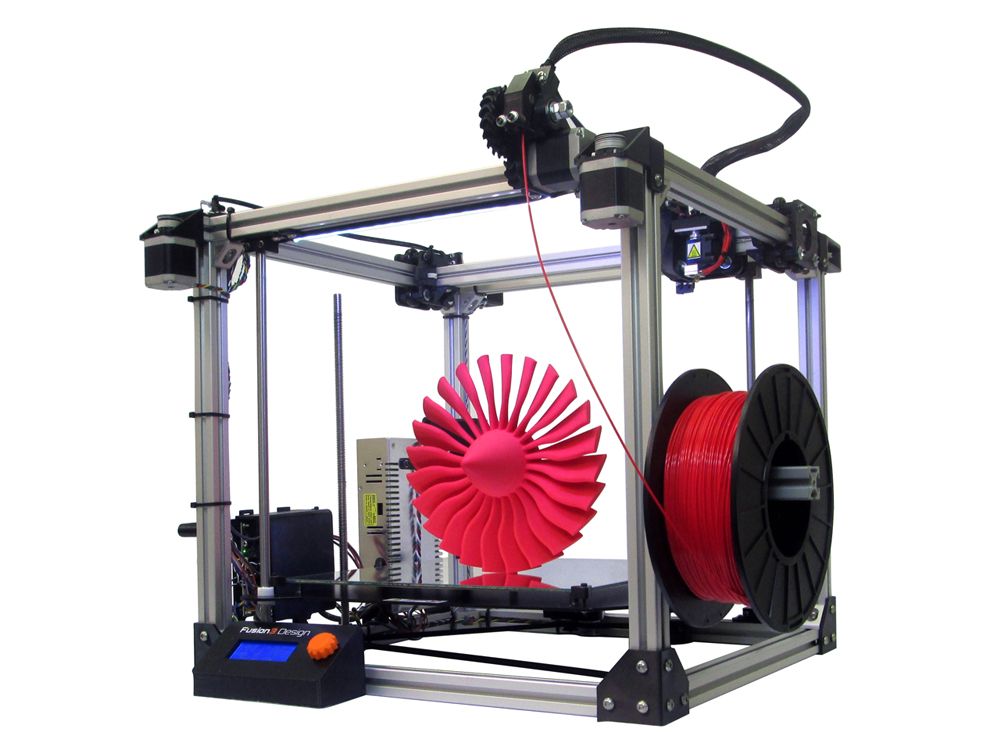
Here's our thoughts on that:
If cost is a problem for you and you're only 3D printing for fun, then buying a 3D printer might be the better investment in the long run.
If your time is more valuable for you, then hiring a 3D printing service would be the better option. You'll have access to large scale 3D printers and capabilities that is impossible to achieve with DIY 3D printing.
Best Budget 3D Printer
Anycubic Photon Mono
The Photon Mono is the best LCD 3D printer that we've gotten our hands on. We own 8 of these machines and use it as part of our manufacturing process. It's cheap but the print quality is almost the same as the ones that we get from our Formlabs 3. If you're looking to buy your first 3D printer, we recommend going for a resin 3D printer like this one instead of buying an FDM printer.
$229.00 from Anycubic
Commisions earned
In Summary
Multiple factors affect the price of a 3d printing service.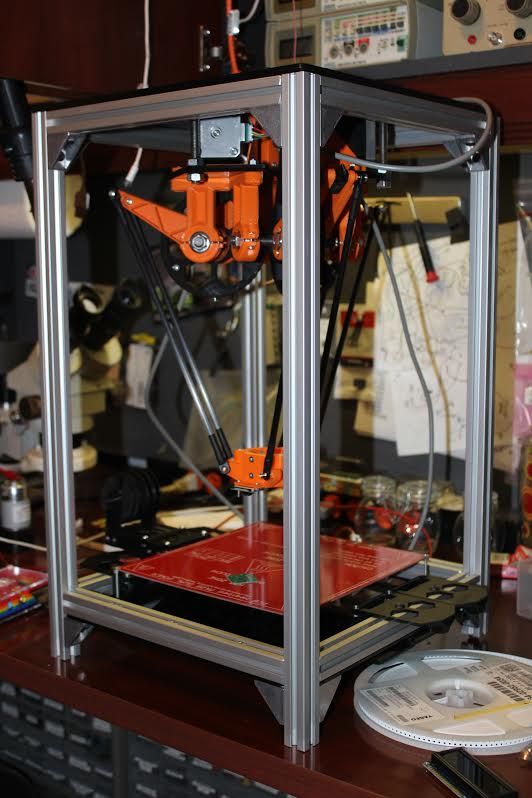 If you add in all these variables, you're looking at anywhere between $30 to $15,000 for the cost of 3d printing. The price can even be lower or higher, depending on the scale of your project.
If you add in all these variables, you're looking at anywhere between $30 to $15,000 for the cost of 3d printing. The price can even be lower or higher, depending on the scale of your project.
Printing of ABS (ABS) plastic using FDM technology to order
Printing of ABS (ABS) plastic using FDM technology to orderPrinting ABS (ABS) with plastic using FDM technology to order
Technology: 3D PRINT
Loading ...
Loading ...
Loading ...
Loading ...
Loading ...
Loading ...
Loading ...
Loading ...
Loading ...
Loading ...
Loading ...
Price
no more than 20 o/cm 3
Processing cost
+ fifty o for processing 1 item
Printing time
from 1 to 3 days
Calculate the cost
+ fifty o for processing 1 item
Printing time
from 1 to 3 days
Calculate the cost
Price
no more than 30 o/cm 3
Processing cost
+ fifty o for processing 1 item
Printing time
We print on the day of order*
Calculate the cost
Price
no more than 70 o/cm 3
Cost for processing
+ 500 o for processing 1 item
Printing time
from 5 to 7 days
Calculate the cost
Price
no more than 30 o/cm 3
Processing cost
+ fifty o for processing 1 item
Printing time
We print on the day of the order*
Calculate the cost
Price
no more than 50 o/cm 3
Cost per treatment
+ fifty o for processing 1 item
Printing time
from 1 to 3 days
Calculate the cost
Price
no more than 20 o/cm 3
Cost per treatment
+ fifty o for processing 1 item
Printing time
from 1 to 3 days
Calculate the cost
Price
no more than 70 o/cm 3
Cost per treatment
+ 500 o for processing 1 item
Printing time
5 to 7 days
Calculate the cost
Need an alternative?
More accurate
Photopolymer
Higher quality
Polyamide
Beneficial for series production
Molding plastic into silicone
Feedback form for calculating the cost of 3D printing
If you have a finished 3D model, upload it to the online form to calculate the cost of 3D printing.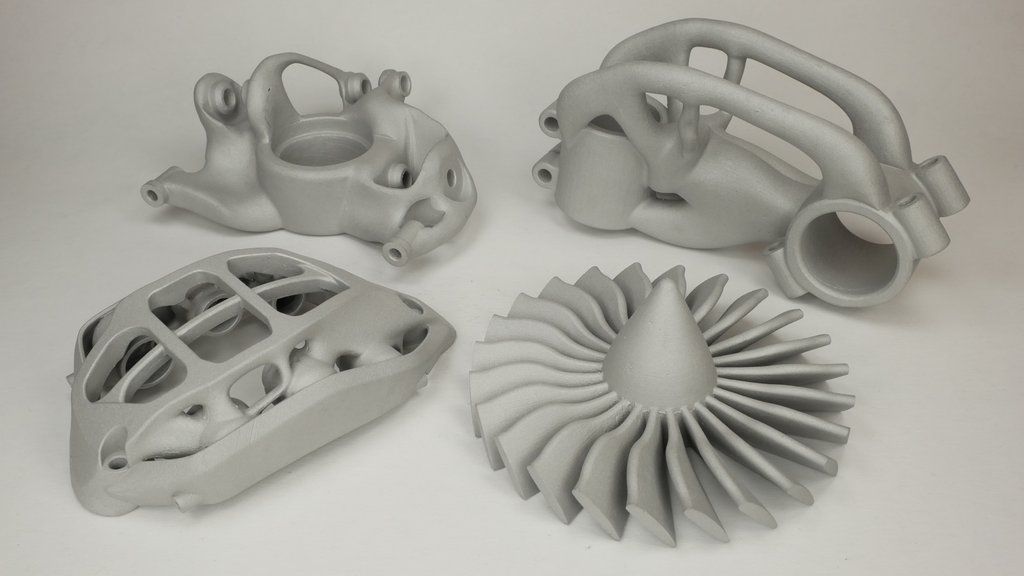
If you do not have a 3D model or need a preliminary consultation, contact us by phone +7 (499) 390-03-77, send a 3D model with questions to our mail [email protected] or fill out an application, we will contact you and answer all your questions.
Fields marked with an asterisk (*) are required
How to calculate the cost of printing on a 3D printer
For some ideas, 3D printing is the fastest and easiest solution. In some situations, purchasing your own 3D printer can be a good solution, but sometimes it is much more profitable and faster to order the necessary product from a company specializing in 3D printing. Yes, and many owners of a 3D printer are thinking about how to “monetize” their hobby, but how to correctly calculate their costs?
Despite the fact that it is customary to indicate the price per gram of working material, simply multiplying the weight of the model by the cost of 1 gram will be wrong.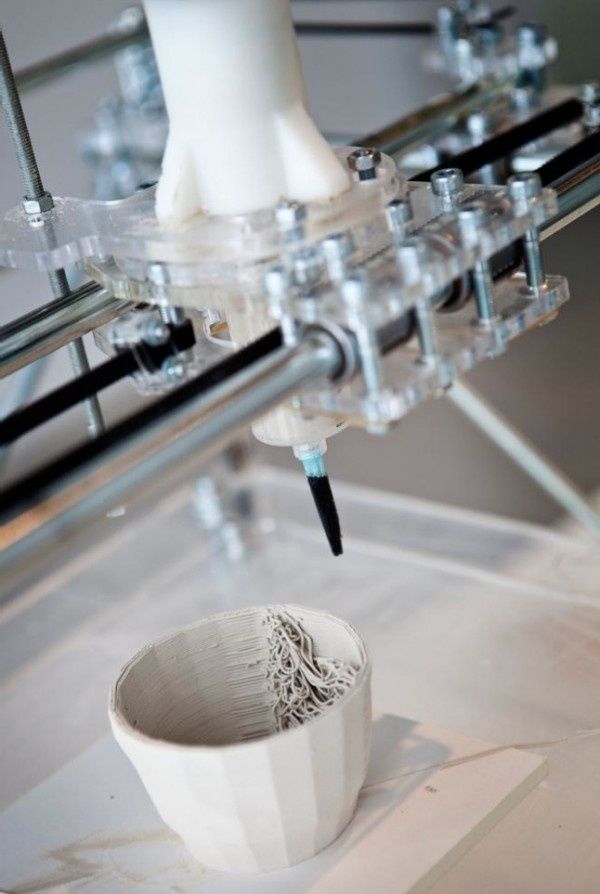 In addition to the cost of consumables, many more, at first glance, non-obvious costs are added to the price of the product.
In addition to the cost of consumables, many more, at first glance, non-obvious costs are added to the price of the product.
Each 3D printing technology uses its own consumables. Let's analyze the most popular and affordable of them.
Available technologies and key differences
Currently, a huge number of 3D devices have appeared, from small desktop ones that fit on the desktop to huge industrial machines. Among the most affordable, 2 technologies can be distinguished - FDM and photopolymer printers (LCD / DLP / SLA).
FDM 3D printing
Today, the most affordable 3D printing technology is FDM. A variety of materials and 3D printers allow FDM to be applied to a wide range of applications.
Schematic operation of FDM printer
A large selection makes it easy to choose a 3D printer for a specific task or find a universal device.
The material for printing is a plastic thread - filament. On the market you can find filament for various tasks, for every “taste” and budget. These can be very inexpensive ABS and PLA plastics or specific ones - conductive, burnable, etc.
On the market you can find filament for various tasks, for every “taste” and budget. These can be very inexpensive ABS and PLA plastics or specific ones - conductive, burnable, etc.
Pros:
Cons:
Despite the fact that FDM allows you to print a wide range of plastics with different properties, the technology has some limitations. For example, it is impossible to obtain a perfectly smooth surface, to produce miniature and very thin elements, or to produce parts with very complex internal geometry with high accuracy.
Photopolymer printing
Photopolymer printers can work on one of 3 technologies - SLA, DLP or LCD. These devices will come to the rescue if you need to make a small but very detailed model with many small details.
How photopolymer printers work
As a consumable material, a photopolymer resin hardened by UV radiation is used. Now there is a wide variety of photopolymer resins for every taste.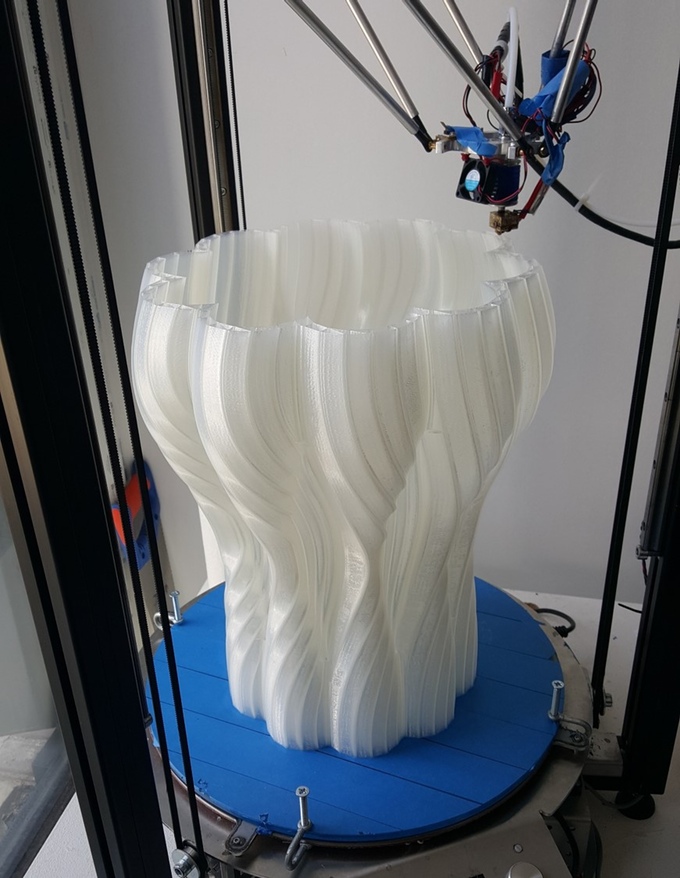 From particularly strong and precise engineering or jewelry resins to soft flexes.
From particularly strong and precise engineering or jewelry resins to soft flexes.
Pros:
-
High print precision
-
Good surface quality
-
A wide variety of printers and consumables
Minuses:
Photopolymer printers have shown themselves well in a variety of industries that require a perfectly smooth surface and high accuracy. They are used in dentistry, the jewelry industry, for making miniature master models for casting, and much more.
Industrial printers
These are already industrial machines, which require a separate room and sometimes certain requirements for ventilation, etc. In this article, we will not analyze these devices in detail, but briefly consider the most popular technologies.
FDM
In addition to desktop devices using FDM technology, industrial printers that work on the same principle are common.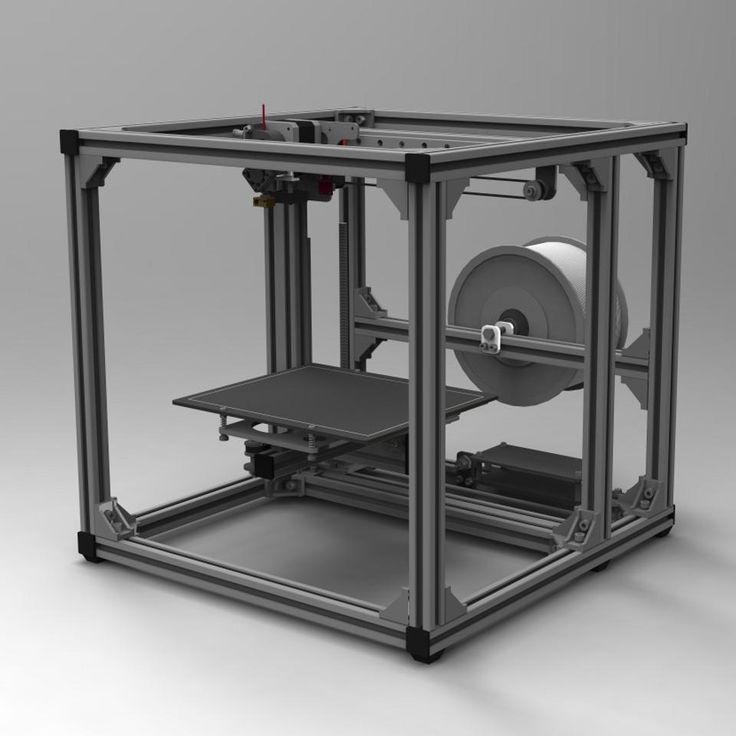
This category includes devices with a large print area (from 30x30x30 cm and more). For example, Raise Pro2 with a print area of 30x30x30 cm.
Raise Pro2
Or machines designed for printing with refractory materials (eg PEEK). Such 3D printers usually have an active thermal chamber, and the extruder can be heated above 400 degrees.
CreatBot F160-PEEK for high melting plastics
Photopolymer printers
Industrial photopolymer devices usually have a much larger working area, compared to their "home" brothers. In addition, many processes have been optimized and automated for faster operation. On such printers, you can quickly and accurately produce a small batch of models, a large prototype or a master model.
Prismlab Large Area Industrial Resin Printer Family
3DP
3DP - Three-Dimensional Printing (translated as three-dimensional printing) is a logical continuation of conventional two-dimensional printers.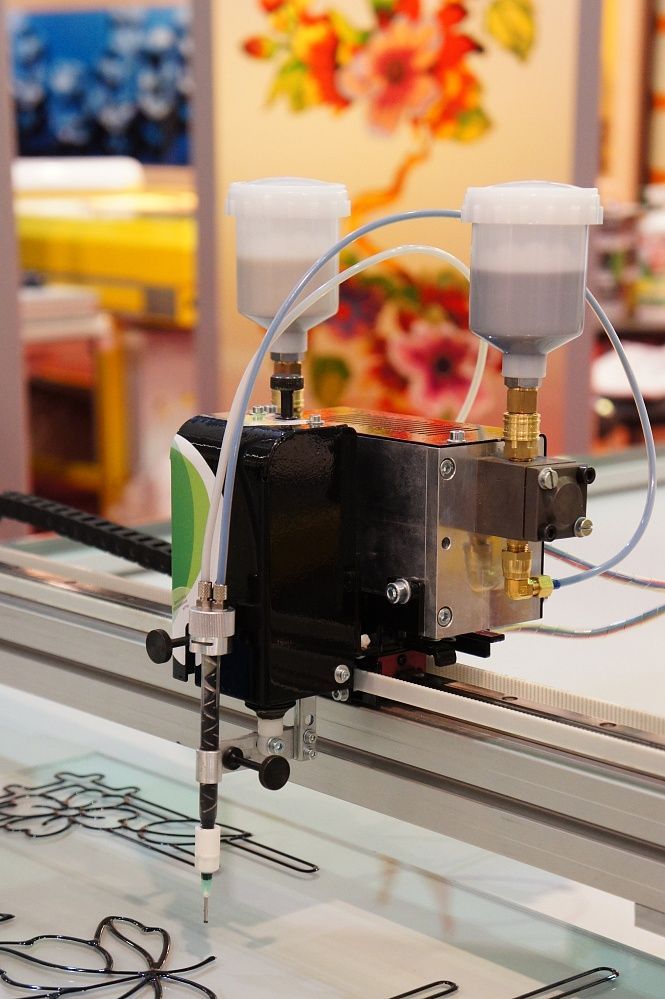 Printing is done using nozzles that selectively apply a binder to the material (usually gypsum). A dye can be added to the binder and the model will be colored.
Printing is done using nozzles that selectively apply a binder to the material (usually gypsum). A dye can be added to the binder and the model will be colored.
Colored plaster model
Since the plaster model is fragile, a similar principle is used for printing with metals. Only the finished product needs to be treated in an oven to remove the binder and improve strength. But despite the processing, such metal prints will still be inferior in strength to cast products.
MJM
This is a proprietary technology of 3D Systems. MJM is a mix of FDM, 3DP and sometimes SLA (depending on material chosen). Printing is done using a variety of small nozzles (from 96 to 488) located on the head of the machine. The accuracy and quality of the surface of models made in this way is in no way inferior to photopolymer printers.
Models made with MJM technology
Such devices can work with photopolymer resins, wax or thermoplastics.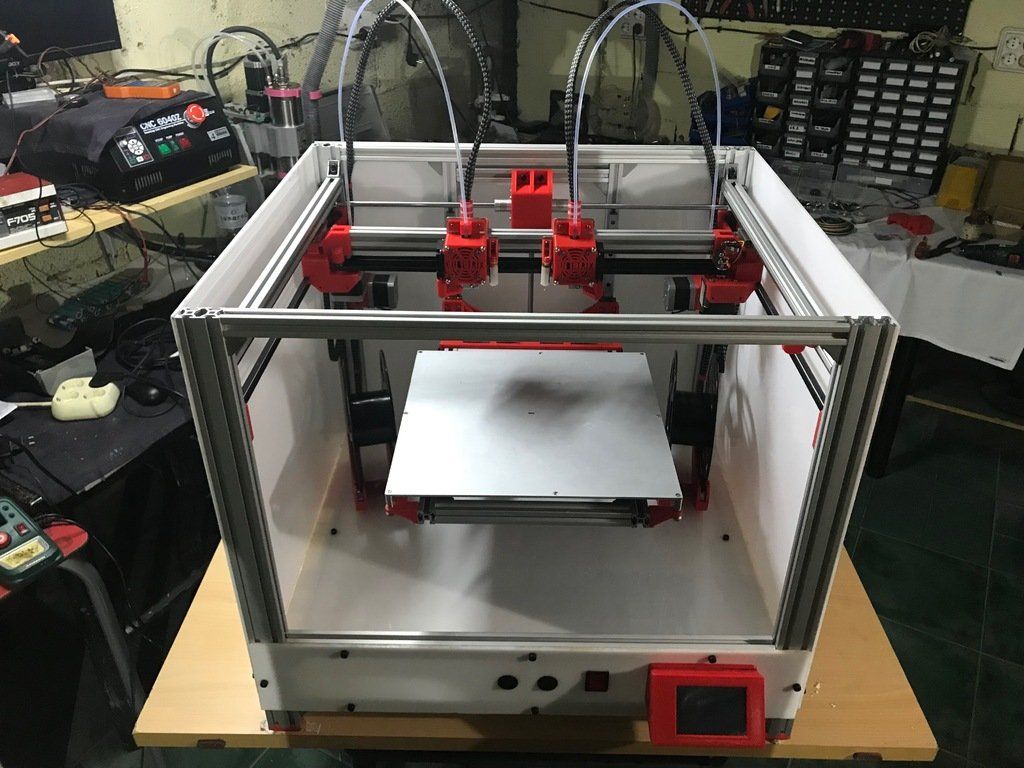 You can combine several materials at once - for example, for complex models, you can use wax as a support.
You can combine several materials at once - for example, for complex models, you can use wax as a support.
SLM
SLM is the layer-by-layer sintering of metal powder using a powerful laser. There are several similar technologies - SHS/SLS. The principle of operation is the same, only a thermal print head is used instead of a laser beam.
SLM Turbine
As a material for printing, you can use powders of various metals - gold, stainless steel, aluminum, various alloys, etc.
During printing, the working chamber is filled with an inert gas to prevent oxidation of metals. This allows printing even with titanium powder.
Models made by this method are in no way inferior, and sometimes even superior, to cast products. SLM allows you to produce models with complex internal geometry that cannot be produced by another method (casting or milling).
Cost of 3D printing
The cost of a model usually consists of several factors.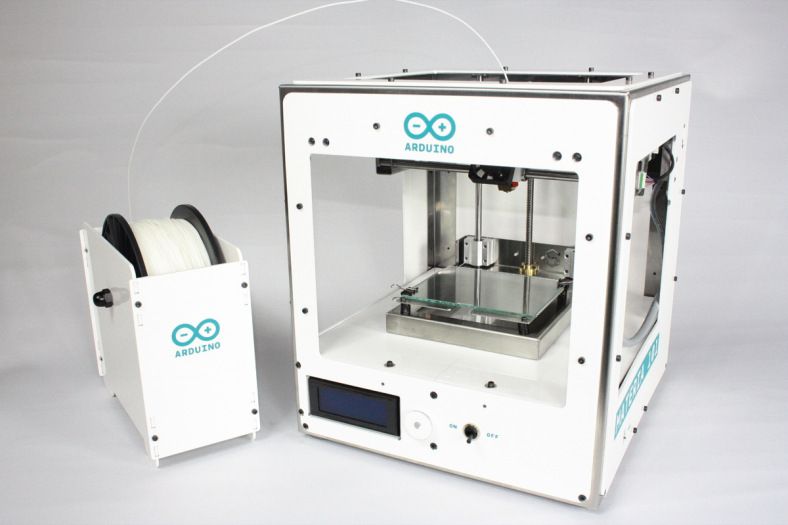
-
Equipment depreciation. The printer, like any machine, requires maintenance and periodic replacement of some parts. During operation, belts gradually stretch, bushings or linear bearings wear out. For example, when bushings or linear bearings are worn; shafts may wear out and need to be replaced.
Cost of materials
The main cost item for a 3D printer is, of course, the printed material.;
FDM (plastic filament)
Since FDM technology is by far the most common, the choice of filaments is very diverse.
-
Engineering plastics are usually nylon with various fillers added to improve the physical characteristics of the finished model. Special cost. plastics starts from 2000r per coil and above. It all depends on the manufacturer and filler (carbon fiber, fiberglass, etc.).
-
Decorative plastics are used to imitate various materials. Plastic can simply be unusually colored (luminous, transparent plastics) or a special filler is added to it (plastics with metal powder).
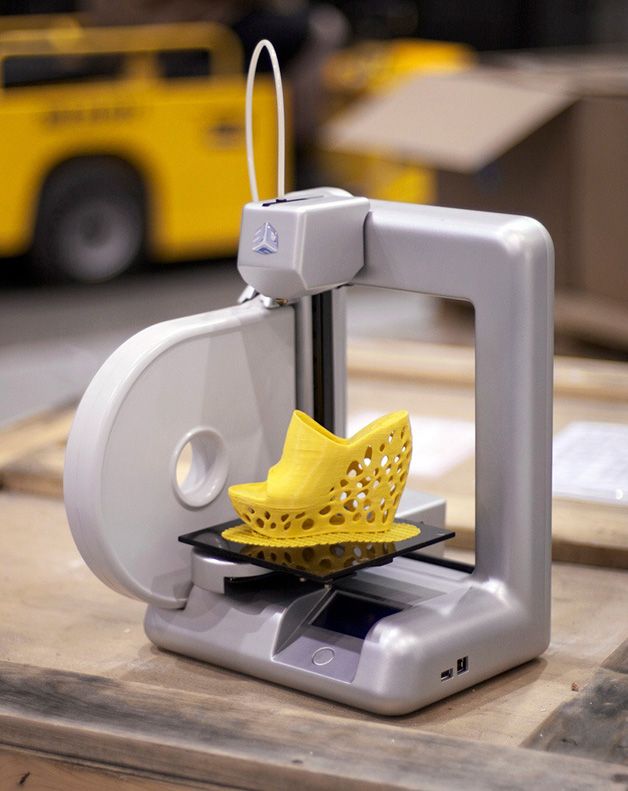 The cost of decorative plastics starts from 1500 rubles per coil and more, depending on the filler.
The cost of decorative plastics starts from 1500 rubles per coil and more, depending on the filler.
A big advantage of FDM is the diverse choice of materials to work with. This allows, having one printer, to produce almost any product - from a child's toy to a complex engineering prototype.
Photopolymers (resin)
Photopolymer resin printing technology is becoming more and more accessible. There are many different resins.
-
The cost of ordinary colored resin starts from 2500 rubles per 0.5 kg (volume +/- 0.5 l). You can find a smaller volume of resin (250 gr) on sale. You can buy several different resins in small containers and find out in practice which one is best for a particular model.
-
Engineering resins are resins with increased strength. They can be used not only for printing decorative items, but also for making functional prototypes and models. The cost for 0.5 kg starts from 5900r and above.

-
Special resins - burnable, dental, soft flexes, etc. Depending on the resin, the price for 0.5 kg can start from 4800 rubles and more. It all depends on the characteristics of the resin.
Photopolymer resins have not yet reached such a variety as FDM filaments, but they are surely catching up. Although due to the fact that a liter of resin costs significantly more than a spool of filament, the cost of the product is much higher.
Print examples
FDM
Mag Pull for G3 magazines.
The model was downloaded for free from an open source (the file can be downloaded here). Printing with engineering carbon-filled plastic (price per spool from 4700 rubles). The weight of the model with support is about 25 grams. Post-processing was not needed. The cost of the finished model is 250 rubles.
Plastic fastener
The file was downloaded from an open source (can be downloaded here). Plastic - carbon-filled nylon (price per coil from 4700r). The weight of the finished product is about 20 grams. Print without post-processing. The total cost is 200 rubles.
Plastic - carbon-filled nylon (price per coil from 4700r). The weight of the finished product is about 20 grams. Print without post-processing. The total cost is 200 rubles.
Model watch
The model is modeled to order (the cost of modeling is from 1000 rubles). The product is printed on an industrial printer using soluble support. Print without post-processing. The cost of the finished product - from 700 rubles per piece (depends on the number of required products).
Traction prosthesis
The model is taken from an open source (you can download the modified version of the prosthesis here). The weight of the used material is about 600 gr, printed with ABS plastic (the cost of the coil is from 800 r). After printing, post-processing and assembly took place. The total cost of the product - from 3000 r (depends on the print material, support material, filling, etc.).
Pedal layout
Production of a 3D model according to the drawing (from 1000 r).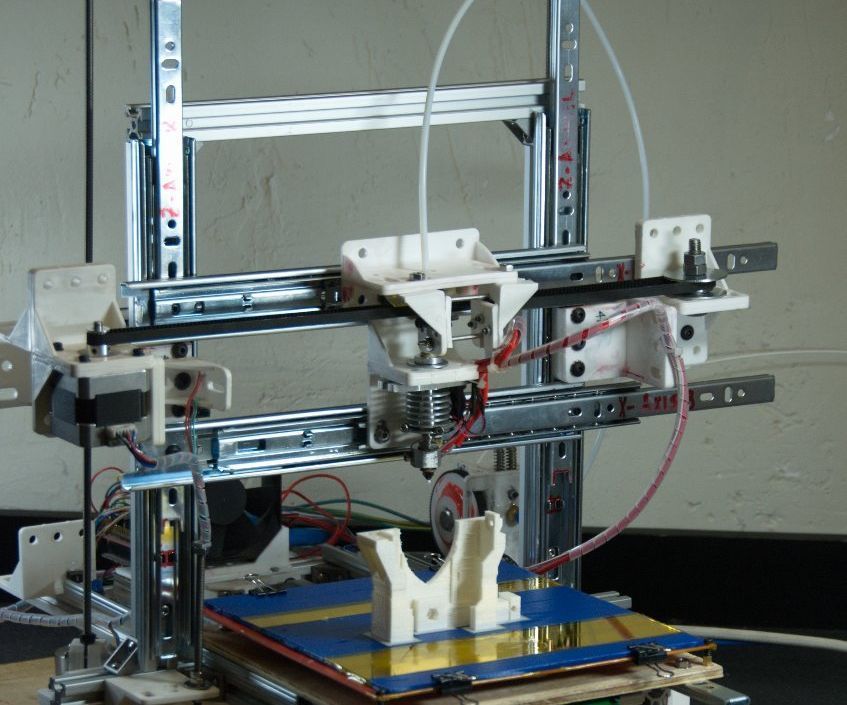 The weight of the finished model is about 200 gr. The product was printed with engineering carbon-filled plastic (the cost of the coil is from 4700 r). Post-processing was not needed. The cost of the finished product is about 3000 rubles.
The weight of the finished model is about 200 gr. The product was printed with engineering carbon-filled plastic (the cost of the coil is from 4700 r). Post-processing was not needed. The cost of the finished product is about 3000 rubles.
Photopolymer printers
Model jaws for crowns
Files for printing were obtained using a 3D scanner and finalized in a 3D editor (the cost of scanning is from 3000 r, the cost of manual revision is from 1000 r). Printing on an industrial photopolymer printer. Post-processing is not needed. The cost of the finished product is from 80 r per gram.
Burnout resin rings
The model is made to order. Printing on a desktop SLA printer with a burnable polymer. Post-processing is not needed. The cost of the finished product is 200 rubles per product.
Miniatures
The models were bought on the myminifactory website (the cost of the model is from $2). Made with a desktop DLP printer. Post-processing was not required. The cost of the finished figurine is from 70 r per gram.
Made with a desktop DLP printer. Post-processing was not required. The cost of the finished figurine is from 70 r per gram.
Custom 3D printing
Many owners of 3D printers are thinking about monetizing their hobby. But you should understand that the price of 3D printing “for yourself” and the price of commercial printing are very different.
When starting to print to order, it is better to have several printers working on different technologies.
Cost of commercial 3D printing
In addition to the cost of the model, to the commercial production of products, you can add:
-
Modeling. Often the client needs not only to make a part, but to pre-model it. It can be a simple cogwheel that doesn't take long to model, or it can be a complex sculpture that takes more time to model than it does to make.
-
Model post-processing. This can be simply the removal of supports, with cleaning of the place of their contact with the product, or a complete processing cycle (puttying, surface grinding, painting, etc.
 ).
).
It should be borne in mind that it is not always possible to print the model the first time. Sometimes it may take several attempts. And these are additional costs.
What is unprofitable to print
Despite the wide possibilities of 3D printing, there are models that are unprofitable to make on a 3D printer. For such models, it is better to use other manufacturing methods.
Commercial print examples
Jewelry for further casting
Manufacture of promotional items and souvenirs
Piece miniatures or master model for further casting
3D Printed Layout
Profitable to print on a 3D printer:
-
If the item is only sold as an assembly. For example, a small gear broke in the mechanism, but the mechanism is sold only “assembly”.

Learn more


